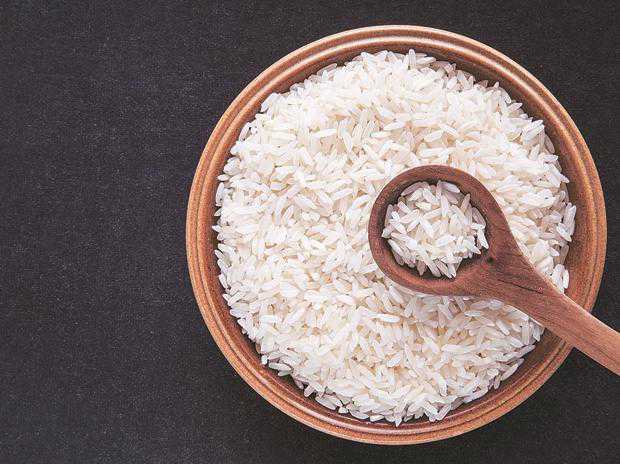Bangladesh import duty hike hits an already tottering Bengal rice market

Image collected
The rice economy of West Bengal, already stifled by lack of demand, is now facing further threat from loss of import market in Bangladesh.
Last year, Bangladesh imposed a 28 per cent import duty on rice from India, against two per cent earlier. This led to massive fall of non-basmati rice exports from India to Bangladesh, by about Rs 3,278 crore in value. Data from APEDA (Agricultural and Processed Food Products Export Development Authority) shows that non-basmati exports from India to Bangladesh fell from about 1.7 million tonnes worth Rs 4,463 crore, in April-February 2017-18 to 420,000 tonnes (Rs 1,186 crore) in the same period this financial year.
Rice mills in West Bengal are already suffering heavy losses due to the drastic fall in exports to Bangladesh, which was one of the major markets for the state.
West Bengal produces 15 million tonnes of non-basmati rice (parboiled rice) every year.
Of this, the state government procures about 3.5 million tonnes through the levy mechanism. Earlier, West Bengal used to export about three to four million tonnes of rice to Bangladesh every year.
According to Sushil Kumar Choudhury President, Bengal Rice Mills Association, about 90 per cent of rice mills in West Bengal are not economically viable. The association has also made a written plea to the government, seeking reduction of import duty imposed by Bangladesh.
“Rice millers are bearing a loss of about Rs 220 a quintal for milling paddy procured through government levy mechanism, as the cost of milling and transportation exceeds the money paid by the government. Further, the export market has been wiped out due to massive import duty hike by Bangladesh,” Choudhury said.
More than 100 rice mills have shut down in the last few years, he said.
West Bengal mainly produces parboiled rice, but its consumption has declined substantially over the years, as rising incomes have led a demand shift towards better quality rice.
In the rural areas, the key market for parboiled rice, demand from open market has shrunk because of wide availability of rice at Rs 2 per kg under government subsidy schemes.
Data from the NSSO survey on household consumption suggests between 2004-05 and 2011-12, the monthly per capita consumption of rice in urban areas shrank from 6.77 kg to 6.24 kg.
Source: https://www.business-standard.com